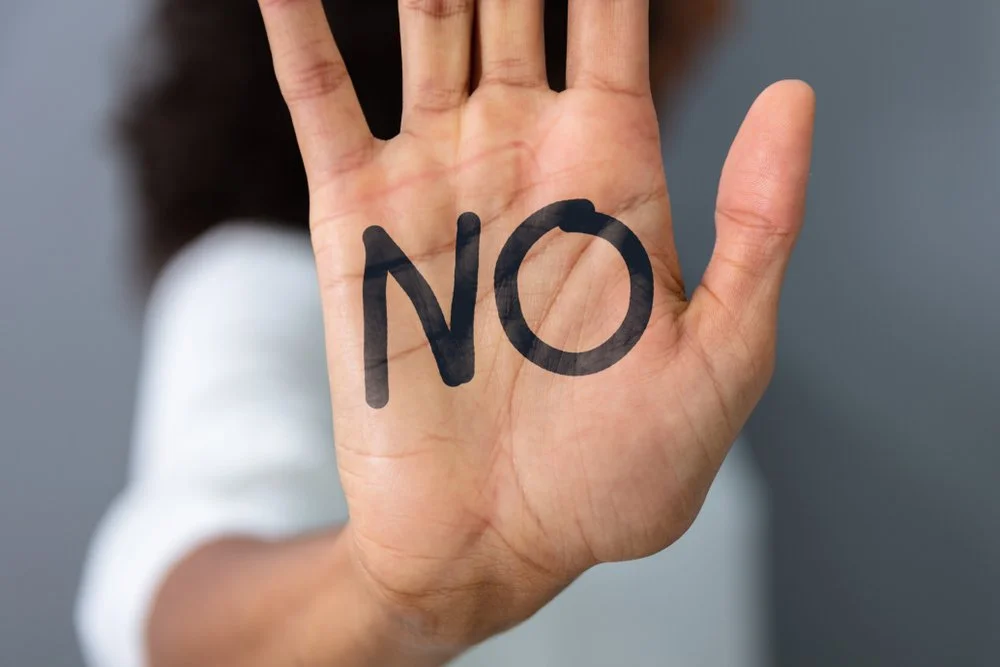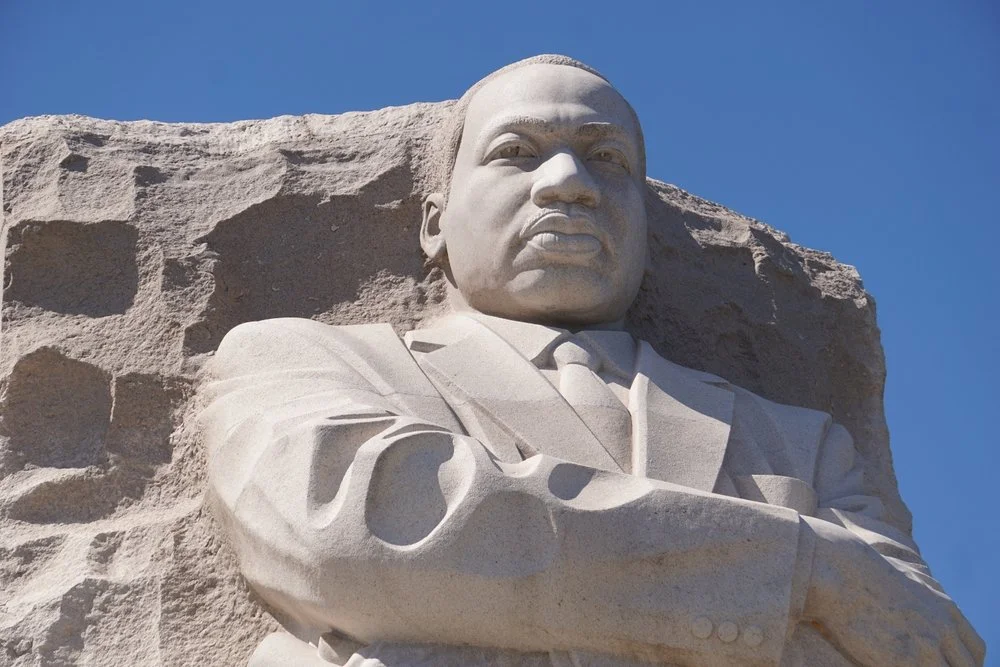Here's Why Financial Freedom Isn’t Just About Money
I’m a really lucky gal. I have some pretty cool friends who do — and have done — some pretty amazing things in this world. And I’m always grateful for the moments when I get to see them shine.
Last week was such a time.
I kicked off Juneteenth celebrations a little early by seeing my friend, Annette Gordon-Reed — the author of many books including her first, “Thomas Jefferson & Sally Hemmings: An American Controversy,” and her latest, “On Juneteenth.” The latter beautifully traces her family’s story in Texas, woven alongside the history of the holiday itself.
She was in conversation with Cheryl Wills. Together, their powerful first-hand oral histories — of how history touched their personal families — left me in awe. And hopeful, even in these uncertain times.
I grew up celebrating Juneteenth — though as a child, it was mostly just another chance to have a cookout!
As an adult, and particularly in more recent years, Juneteenth tends to prompt a reflection on freedom — with questions like, “Are we really free?” and “What does freedom mean?”
As an historian — and someone whose great-great-grandmother was born into slavery — I can only imagine the depth of Annette’s private reflections on questions like these. (Her professional reflections, of course, are beautifully documented in her published work.)
And given my work, I frequently find myself reflecting on the oft-used phrase in the personal finance and business world: financial freedom.
Each of us holds our own understanding of what both freedom to and freedom from make possible — what we can do, be, and have.
But given the historical fight for freedom — literal freedom — I think it’s fair to say Black people’s relationship to freedom carries a different weight. It’s a relationship that comes with a different history. And often, a different cost.
Before & After?
It’s tempting to think of Juneteenth as an historical event with a clean “before-and-after.” But freedom didn’t come neatly wrapped in an announcement. Emancipation was delayed, uneven, and immediately met with new systems designed to maintain the economic status quo — just wrapped in different “clothing.”
The formerly enslaved were declared free, but they were not given land, restitution, or financial redress. Instead, they were pushed into sharecropping, convict leasing, and exploitative labor arrangements — all mechanisms designed to ensure that their freedom wouldn’t interfere with the profits of an economic system that benefited from their free labor.
So while legal slavery ended, financial captivity evolved. And if we’re honest, some version of that continues today.
It shows up in the form of wealth inequality, access to capital, the racial wage gap, housing discrimination, and biased financial systems that still act as barriers. These may not be called chains, but the effects are all too familiar: they are restrictive.
So when we talk about “financial freedom,” we have to ask: freedom from what, exactly? And for whom has that freedom ever been structurally supported?
In my opinion, this is why any talk about “financial freedom” must be nuanced.
Intersection Matters
It’s also why I’m always pushing for talking about more than the numbers — it can’t be at the exclusion of what money impacts and what impacts money. From my perspective, the intersectionality of money, business, and life matters.
Additionally, talking about “financial freedom” must be expansive. It can’t just be equated with passive income, early retirement, or escaping the “9-to-5.” There’s nothing wrong with these aspirations, but they are not neutral, either. Meaning: They often assume a baseline of access: to wealth, to time, to networks, to systems that reward ownership over labor.
They also rarely account for how Black people have to navigate systems that were never built with us in mind in the first place!
That’s why our conversations about freedom — financial or otherwise — can’t be surface-level or stripped of context. Freedom is not static. It isn’t a one-time declaration or a personal milestone. It’s a dynamic, ongoing practice — one shaped by history, policy, opportunity, and power. It’s also collective.
And so, as we reflect on Juneteenth, we’re called to remember this:
Juneteenth isn’t just a celebration of delayed liberation. It’s a reminder that freedom must be continuously fought for — it must be protected, practiced, and passed on. And that includes how we think about and relate to money.
So, when we talk about “financial freedom,” let’s be sure we’re talking about more than dollar amounts or lifestyle goals.
Let’s talk about access.
Let’s talk about history.
Let’s talk about equity.
Let’s ask harder questions about how we each define freedom — and what we’re willing to do to expand it, not just for ourselves, but for our communities, too.
Because true financial freedom isn’t just about what you can afford. It’s about what you’re empowered to choose.
It’s about what you no longer have to endure.
And it’s about how you help ensure others can experience that same liberation.
Happy (early) Juneteenth!
About Jacquette
I love to ask questions and spark aha moments. I love to talk about why success with money is about more than just the numbers, and how the cultural impact on the intersection of money, business, and life matters–A LOT! And, I really hope I help people feel seen, heard, and not judged—especially since money is emotional and personal.





